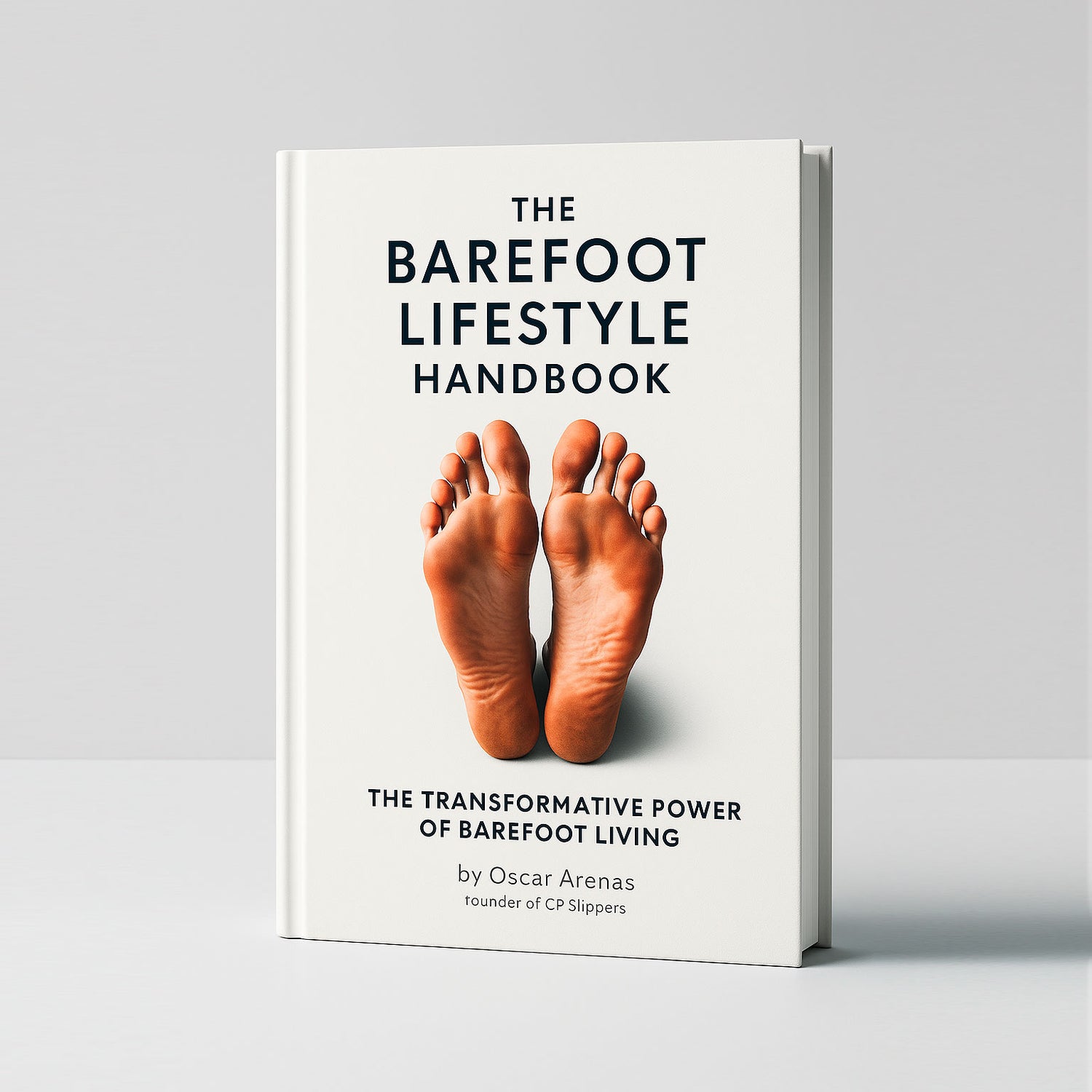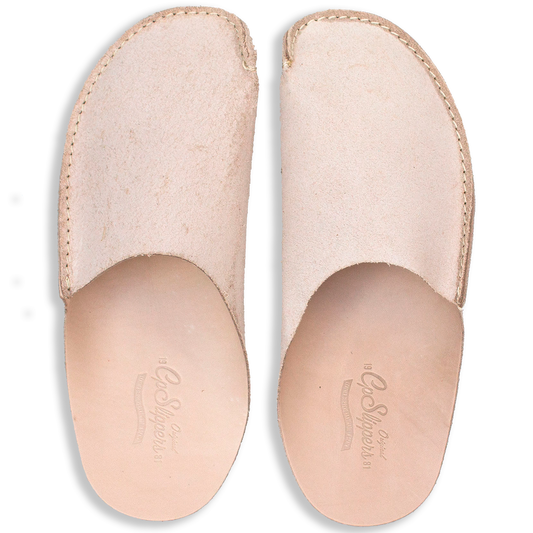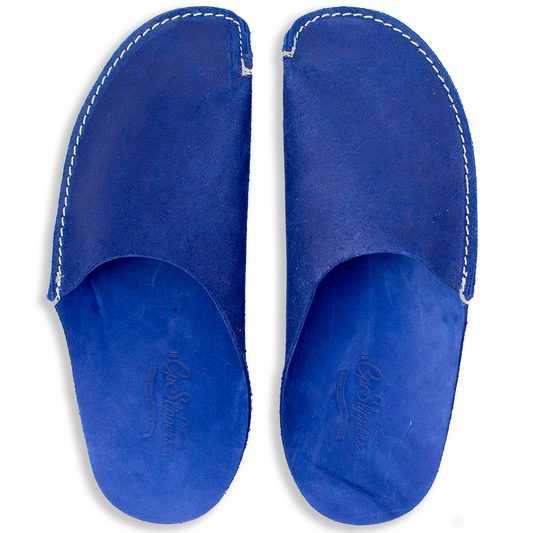
8 Quick and Simple Tips to Lower Your Stress Levels
Oscar ArenasModern life moves at a sprint pace, but your nervous system was built for marathons. If you feel jumpy, unfocused, or stuck in a loop of worry, these eight evidence-based habits will show you how to lower stress levels—quickly, realistically, and from the comfort of your home.
Why Chronic Stress Hurts Your Body
A little adrenaline fires you up for deadlines; constant cortisol does the opposite. Long-term overload raises blood pressure, dulls immunity, cuts deep sleep cycles, and crowds your head with anxious thoughts. Translation: stress is a whole-body tax that keeps compounding until you pay it down with restorative habits.

The 8 Proven Stress-Relief Habits
1. Prioritise 7–8 Hours of Sleep
Even a night under six hours can spike cortisol by 30 percent and slash next-day focus. Treat bedtime like a non-negotiable meeting: dim lights, ditch doom-scrolling, and keep your room cool.
How to do it
- Power-down screens 60 min before bed.
- Read paper fiction or journal your next day’s to-dos.
- Keep the thermostat around 18 °C / 65 °F for deeper REM.
2. Smart, Evidence-Based Supplements
Herbal helpers can take the edge off, but quality matters. Look for third-party-tested ashwagandha (300–600 mg), L-theanine (100 mg) or magnesium glycinate (200 mg). Pair one supplement with a cup of green tea; the combo steadies heart rate without the caffeine jolt of coffee.
3. Talk Therapy: When to Seek It
No app beats a human sounding board. If rumination hijacks your workday or sleep, schedule a licensed therapist—online or in person. A few sessions of CBT (cognitive behavioral therapy) can reframe runaway thoughts and hand you coping tools for future spikes.
4. Daily Mindfulness or Meditation
Your brain wanders 47 percent of waking hours; mindfulness brings it home. A 10-minute breath focus, body scan, or guided app session trains attention like a muscle, cutting reactive spirals and boosting mood.
Simple starter
- Sit upright, eyes soft.
- Inhale for 4, hold 2, exhale 6.
- Label distractions “thinking,” then return to breathing.
5. Move—Even a 20-minute Walk Counts
Movement metabolizes stress hormones fast. You don’t need HIIT; a brisk walk after lunch or light weights in your living room flips your body from “fight-or-flight” to “rest-and-repair.”
- Aim for 150 min of moderate activity per week.
- Pair exercise with music or podcasts to make it stick.
Slide into CP Slippers → Feel the difference
6. Keep Caffeine to 300 mg or Less
Caffeine mimics adrenaline. Up to three small coffees (≈300 mg) is fine; more can trigger jitters and insomnia. Swap afternoon brews for water, herbal tea, or a five-minute break—your circadian rhythm will thank you.
7. Time Management With the 80/20 Rule
Stress often hides in to-do lists. Identify and do the 20 percent of tasks that deliver 80 percent of results first. Use a timer: 25 minutes work / 5 minutes rest. Momentum beats perfection, and unfinished busywork stops bullying your brain at night.
8. Act, Don’t Avoid—Own the Problem
Putting off tough talks or bills lets anxiety snowball. Break problems into the smallest actions: draft the email, schedule the call, and gather the paperwork. Small wins signal safety to your nervous system and cut worry loops short.
Quick “Desk Reset” Routine (60 s)
- Stand up. Roll shoulders back × 5.
- Inhale through your nose for 4; exhale through pursed lips for 6.
- Focus on one pleasant object—plant, photo, window view—for a complete breath cycle.
- Return to work with a calmer pulse and clearer head.
Frequently Asked Questions
Does sugar raise stress?
Large blood-sugar swings can amplify anxiety sensations. Balanced meals (protein + fiber) keep energy—and mood—steady.
Does caffeine increase anxiety?
More than about 300 mg of caffeine (≈3 small coffees) can trigger jitters, insomnia and higher perceived stress in sensitive individuals.
What sleep duration reduces stress the most?
Most adults need 7–8 hours of high-quality sleep per night; studies show this range optimises hormone balance and lowers daytime cortisol.
Which supplement is safest for beginners?
Start with magnesium glycinate after dinner; it aids sleep and muscle relaxation with minimal side effects.
How fast can I feel results?
Sleep and breath work lower cortisol within days; mindset shifts (therapy, time management) build compound benefits over weeks
Relax Better at Home With CP Slippers
Kick off your shoes, slide into breathable vegetable-tanned leather slippers, and feel nerves release from the ground up. Light, flexible, and handmade, CP Slippers turn “stress management at home” into a daily pleasure.
Daily stress relief tips work best when they fit real life—try one habit today, add another next week, and watch Calm Compound.





